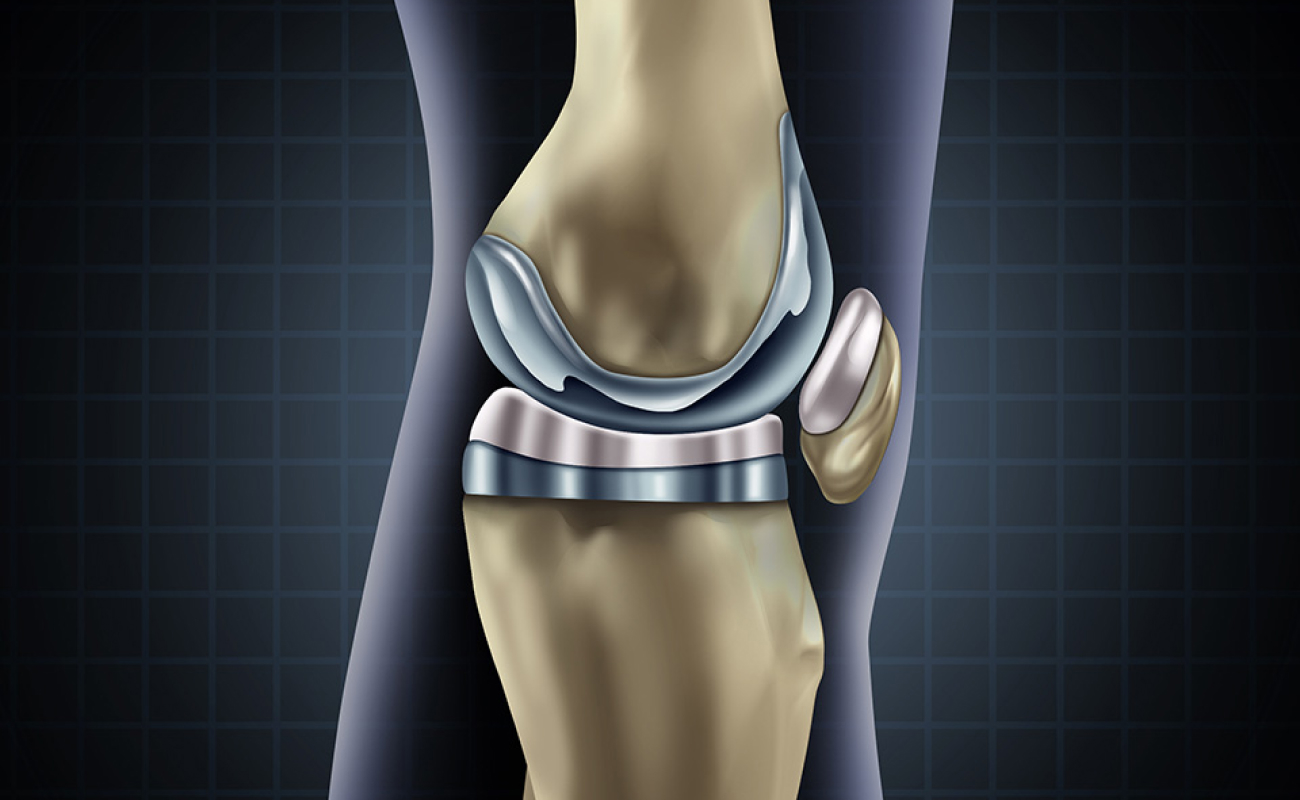What to Expect from Knee Replacement Surgery in Chennai and How to Select the Best Surgeon

Author :
Category :
Published Date : August 07, 2024
Table of Contents
Knee replacement surgery is a major medical procedure aimed at alleviating pain and restoring function in severely diseased knee joints. For those considering this surgery in Chennai, understanding the process and selecting the best surgeon are crucial steps to ensure a successful outcome. The steps involve what to expect from knee replacement surgery to choosing the best surgeon for your needs.
Knee Replacement Surgery: What Is It?
Knee replacement surgery, also known as knee arthroplasty, involves replacing the damaged surfaces of the knee joint with artificial implants. This procedure is typically recommended for individuals suffering from severe arthritis or significant knee injuries that have not responded to conservative treatments.
Types of Knee Replacement Surgeries
-
Total Knee Replacement (TKR)
In TKR, the entire knee joint is replaced with a prosthetic joint. This is the most common type of knee replacement surgery and is performed when all three compartments of the knee are damaged.
-
Partial Knee Replacement (PKR)
PKR involves replacing only the damaged part of the knee, preserving as much of the natural knee structure as possible. This option is suitable for patients with damage limited to a specific area of the knee.
How Robotic Surgery Improves Efficiency
Robotic-assisted knee replacement surgery is a cutting-edge technique that offers several advantages over traditional methods. This advanced technology enhances the precision and accuracy of the surgery, leading to better outcomes for patients.
-
Increased Precision
Robotic systems, such as the MAKOplasty system, allow surgeons to create a 3D model of the patient’s knee, enabling them to plan and execute the surgery with greater accuracy. This precision helps in aligning the knee components perfectly, reducing the risk of misalignment and improving the longevity of the implant.
-
Less Invasive
Robotic surgery is minimally invasive, resulting in smaller incisions and less damage to surrounding tissues. This leads to reduced pain, faster recovery times, and lower risk of complications.
-
Improved Outcomes
Studies have shown that patients who undergo robotic-assisted knee replacement experience better outcomes, including improved knee function and higher satisfaction rates. The precision of robotic systems also reduces the likelihood of needing revision surgery.
Preparing for Surgery
Before undergoing knee replacement surgery, several preparatory steps are essential:
-
Medical Evaluation
A thorough medical evaluation, including blood tests, imaging studies, and a review of medical history, is necessary to ensure the patient is fit for surgery.
-
Preoperative Physical Therapy
Engaging in physical therapy before surgery can strengthen the muscles around the knee, aiding in a faster recovery.
-
Planning for Recovery
Arranging for post-surgery care, such as assistance at home and physical therapy sessions, is crucial for a smooth recovery process.
The Surgical Procedure
Knee replacement surgery typically takes about 1 to 2 hours. The surgeon makes an incision over the knee, removes the damaged cartilage and bone, and positions the new artificial joint. With minimally invasive surgery and robotic assistance, the recovery times have reduced.
Recovery and Rehabilitation
Recovery from knee replacement surgery involves a combination of rest, physical therapy, and gradual return to daily activities.
The typical recovery timeline includes:
-
Immediate Postoperative Period
Patients usually stay in the hospital for 2 to 3 days post-surgery. Pain management, wound care, and early mobilisation are key focuses during this period.
-
First Few Weeks
Physical therapy begins within a day or two after surgery. The goal is to restore knee function and improve range of motion.
-
Long-term Recovery
Full recovery can take anywhere from 3 to 6 months. Patients are encouraged to follow a structured rehabilitation program to achieve the best outcomes.
Choosing the Best Surgeon in Chennai
Selecting the right surgeon is a critical factor in the success of knee replacement surgery. Here are some key considerations:
-
Experience and Expertise
Look for a surgeon with extensive experience in performing knee replacement surgeries, particularly those involving robotic assistance. Board certification and specialised training in orthopaedics are indicators of expertise.
-
Reputation and Reviews
Research the surgeon’s reputation through patient reviews, testimonials, and professional ratings. Positive feedback from previous patients can provide insight into the surgeon’s skill and patient care.
-
Hospital Affiliation
Consider the hospital where the surgeon practices. Top hospitals with advanced facilities and a dedicated orthopaedic unit are preferable for knee replacement surgery.
-
Consultation and Communication
Schedule a consultation to discuss your condition, treatment options, and any concerns you may have. A good surgeon should communicate clearly and provide comprehensive answers to your questions.
Rejuvenating The Knee With Expert Care
Knee replacement surgery is a life-changing procedure that can significantly improve the quality of life for individuals suffering from severe knee pain. By understanding the surgical process, including the benefits of robotic assistance, and carefully selecting an experienced surgeon like Dr Kunal Patel, patients can look forward to a successful surgery and a smoother recovery.
A renowned orthopaedic surgeon in Chennai, he specialises in knee replacement surgery, including robotic-assisted procedures. With years of experience and a commitment to patient-centred care, Dr Patel employs the latest surgical techniques and personalised treatment plans to ensure optimal outcomes for his patients.
